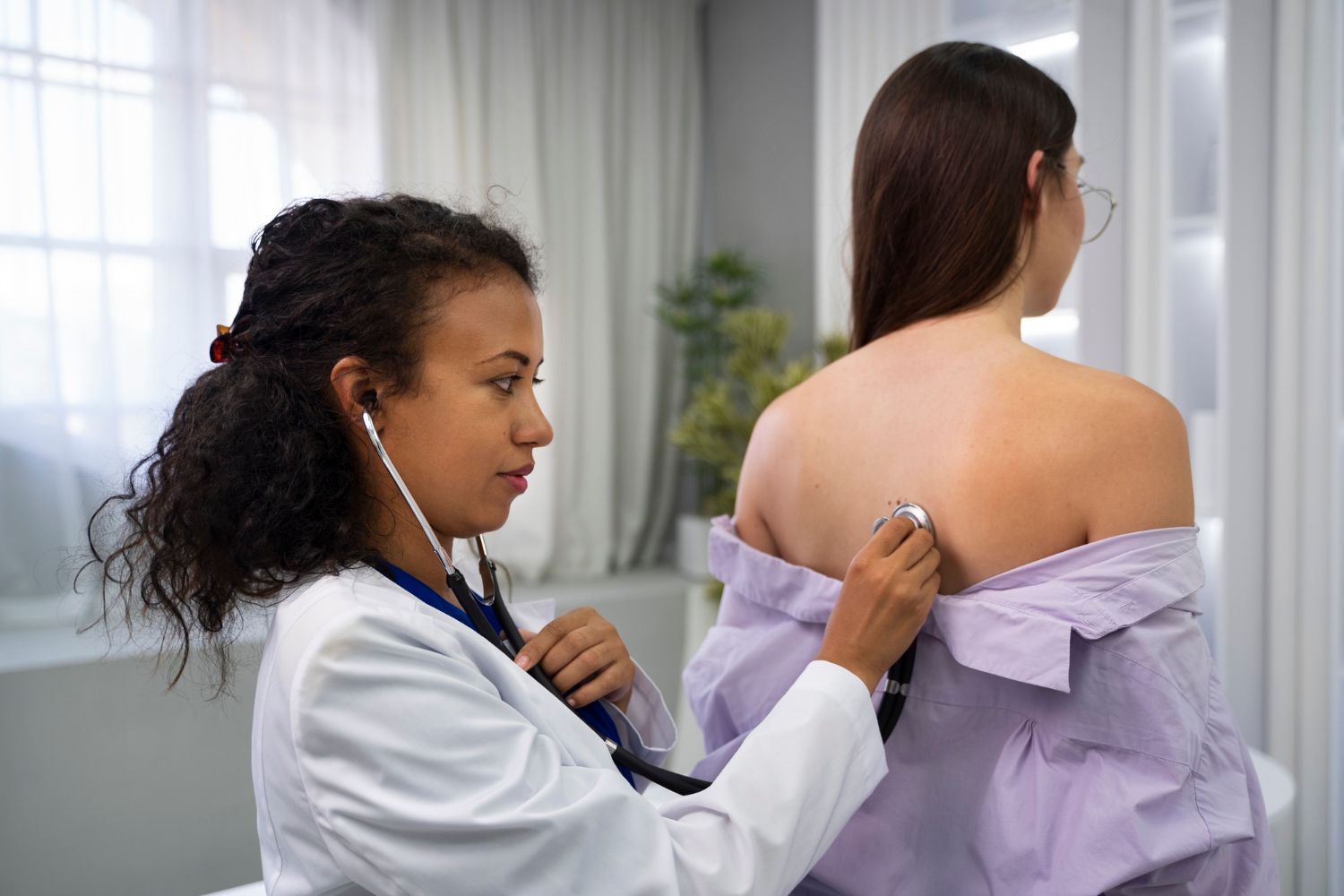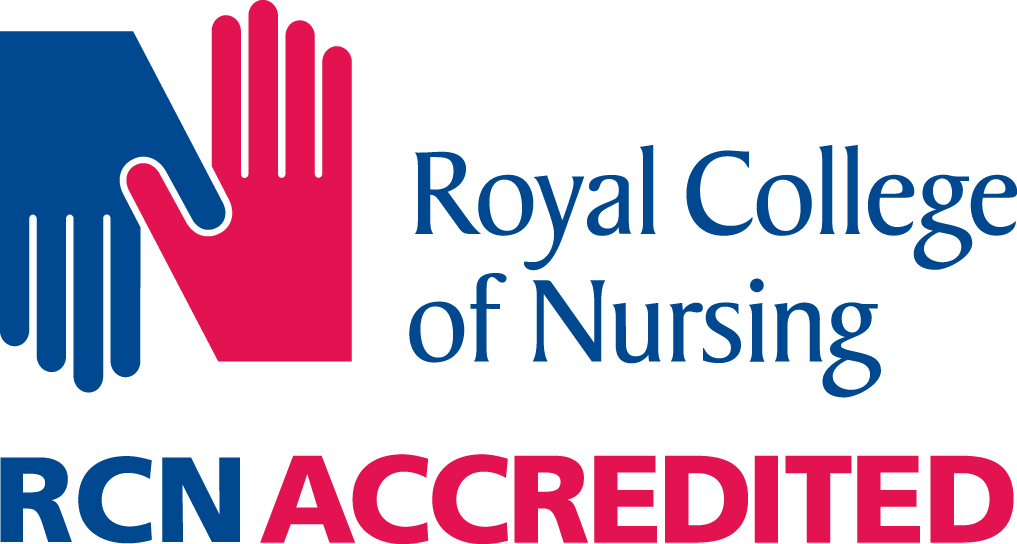
AR04 Minor Injury Essentials: Accredited by the RCN Centre for Professional Accreditation

RCN accredited until the 15th March 2027
Accreditation applies only to the educational content of the programme and not to any product.
The RCN and PDUK cannot confirm competence of any practitioner. Competence must be developed in the workplace. The course is not a replacement for full patient assessment training.
RCN Accreditation focuses on continuing professional development and does not mean that the course has been accredited as equivalent to education or assessment that would demonstrate advanced level practice. The course cannot be used as a route for RCN Credentialing. The course is intended for continuing professional development, provides a knowledge base only and is not suitable for preparation for a new role.
Course summary
This face to face minor injuries course is designed to provide healthcare professionals with the comprehensive skills and knowledge needed to assess, diagnose, and manage minor injuries in urgent and primary care settings. Accredited by the RCN Centre for Professional Accreditation, this face-to-face course ensures you stay current with the latest practices and protocols.
Who should attend?
- Nurses
- Advanced Nurse Practitioners
- School Nurses
- Paramedics
- Advanced Clinical Practitioners
- Pharmacists
- Allied Health Professionals
Practitioners should be working in emergency departments, urgent care centres, primary care, or other community and first contact settings.
Important notes
All course materials, evaluation and certificate of attendance are provided.
Quality assurance: hands-on workshop. Maximum student-trainer ratio: 12:1.
This face to face course runs from 9:30am- 5:00pm
Cost
| Course duration | Course CPD | Full price (incl VAT) per person |
|---|---|---|
| 3 day(s) | 24 hour(s) | £590 |
Discounts
| Dates | Block size | Block discount |
|---|---|---|
| 17/03/2026 - 19/03/2026 | 4 | 10% |
| 07/07/2026 - 09/07/2026 | 4 | 10% |
| 13/10/2026 - 15/10/2026 | 4 | 10% |
Dates / venues
| Location - venue | Dates | No. of people |
|---|
Aims / objectives
Equip healthcare professionals with essential skills for managing minor injuries through comprehensive theoretical knowledge and hands-on practice.
- Conduct targeted history taking and physical examinations for upper and lower limb injuries, including head injuries, utilizing evidence-based practices and adhering to local protocols.
- Demonstrate proficiency in assessing musculoskeletal anatomy and joint function of the neck, shoulder, elbow, wrist, hand, hip, knee, ankle, and foot.
- Identify common signs, symptoms, and differential diagnoses of minor injuries in the upper and lower limbs, as well as head injuries.
- Apply appropriate management strategies, including local analgesia administration, reduction techniques for fractures and dislocations, and wound closure principles using sutures, staples, tissue adhesive, and steristrips.
- Discuss the principles of managing nail presentations, removal of foreign bodies, treatment of localized infections, and initial management of minor burns, emphasizing adherence to evidence-based guidelines and local policies.
- Engage in case-based learning scenarios to reinforce practical skills and decision-making in the assessment and management of minor injuries.
Course programme
Principles of Musculoskeletal (MSK) History Taking
Basic Assessment of the Upper Limb
- Targeted history taking for upper limb injuries
- Upper limb anatomy
- Joint function of the neck, shoulder, elbow, wrist, and hand
- Essential physical examination techniques/practice for upper limb injuries
- Common upper limb conditions: signs and symptoms, differential diagnoses
- Management/referral guidelines: Evidence-Based Practice (EBP), application of Patient Group Directions (PGDs), and adherence to local policies
- Case scenarios for upper limb injuries
Basic Assessment of the Lower Limb
- Targeted history taking for lower limb injuries
- Lower limb anatomy
- Joint function of the hip, knee, ankle, and foot
- Essential physical examination techniques/practice for lower limb injuries
- Common lower limb conditions: signs and symptoms, differential diagnoses
- Management/referral guidelines: Evidence-Based Practice (EBP), application of Patient Group Directions (PGDs), and adherence to local policies
- Case scenarios for lower limb injuries
Head Injuries
- Targeted history taking for head injuries, including concussion assessment.
- Neuroanatomy related to head injuries.
- Cranial nerve examination techniques
- Essential physical examination techniques/practice for head injuries.
- Common head injury presentations: signs and symptoms, differential diagnoses.
- Management/referral guidelines: Evidence-Based Practice (EBP), application of Patient Group Directions (PGDs), and adherence to local policies
Local Analgesia
- Types and safe levels of local analgesia
- Local infiltration techniques
- Digital nerve blocks: demonstration and practice
Reduction Techniques
- Principles of reducing digital fractures and dislocations
Management of Common Nail Presentations
- Subungual hematoma: trephining techniques
- Avulsed nails: management strategies
Removal of Foreign Bodies
- Discuss methods of removing foreign bodies from the ear, nose, skin, and subungual area
Discuss management of Localized Infections
- Paronychia: assessment and management
- Assessment of minor abscesses, including indications for referral
Assessment and Management of Minor Burns
- Assessment and initial management of minor burns, including appropriate referral if necessary
Acute Wound Closure Principles and Techniques
- Demonstration and practice of simple, interrupted sutures
- Application of staples, tissue adhesive, and steristrips: demonstration and practice
Led by
TBA
Participant Voices!
AC- “The assessment skills I learned will be invaluable for referring patients to local hospitals — highly practical and relevant.”
AA- “All course content was useful and directly applicable to my everyday work. Fantastic course.”
MK- “Excellent tutors and well-structured course. I wouldn’t change a thing — highly recommended.”
KB- “Perfectly pitched content and excellent venue experience. This course fully met my learning needs.”
